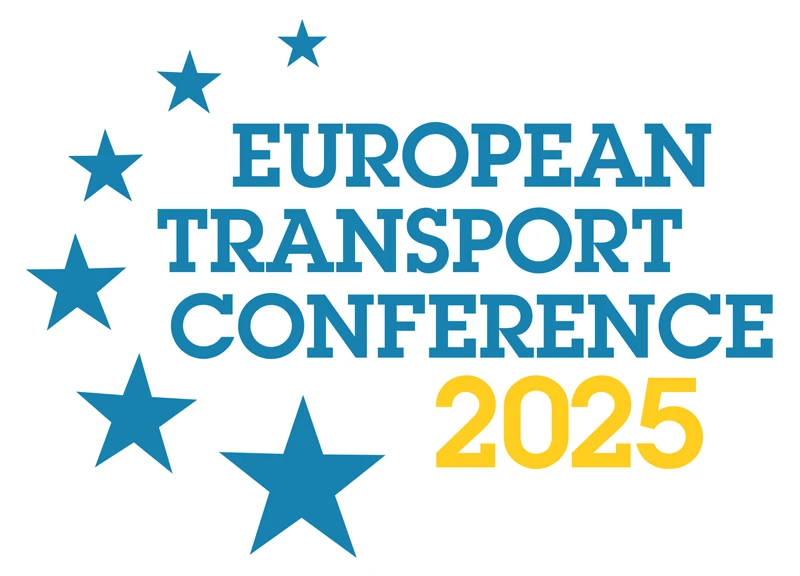-
Past ETC Papers

Browse, search and view papers from the past AET Conferences.
-
Members' Area

AET promotes networking and exchange of ideas, information and opportunities amongst members.
Conference Papers 2022
Milan, Italy
ETC Conference Papers 2022
A Spatio-Temporal Approach to Electric Vehicle Uptake: Evidence from New Zealand
Seminar
Day 2 (8 Sep 2022), Session 6, ELECTRIC VEHICLES – CHARGING INFRASTRUCTURE, 14:30 - 16:00
Status
Accepted, awaiting documents
Submitted by / Abstract owner
Mingyue Selena Sheng
Authors
Mingyue Selena Sheng
Le Wen
Basil Sharp
Bo Du
Prakash Ranjitkar
Douglas Wilson
Short abstract
Spatio-temporal aspects are important factors influencing electric vehicle (EV) uptake. EV charging infrastructure in the neighbouring areas and early adoption effect influences EV uptake positively, and inverse distance spatial weights matrix is mor
Abstract
Electrification of transportation is considered an important option to reduce fossil fuels consumption and carbon emissions. However, electric vehicles (EVs) comprise less than 1.2% of New Zealand’s light vehicle fleet, and there are significant hurdles to limit EV uptake. This study uses spatial negative binomial regression models to estimate spatio-temporal factors that influence consumers’ purchase decisions. Two hypotheses are tested: (1) if charging infrastructure has a “neighbourhood effect” on EV uptake; (2) if EVs adoption by technology enthusiasts during the early-adopter phase affects subsequent adoption once the technology becomes widely spread. Results show that charging infrastructure in neighbouring areas and early adoption positively affect subsequent technology adoption. Robustness analysis suggests that the distance spatial weights matrix is more appropriate because it captures driving range anxiety. Thus, policy initiatives aiming to increase the electrification of transport should consider the likelihood of early adoption and the spatial proximity of charging infrastructure. The research provides insightful suggestions for increasing the uptake of EVs. For instance, increased investment in charging infrastructure, alongside launching more attractive battery/charging schemes over the years, would help to reduce drive range anxiety. Charging infrastructure investment could, for example, come about from a coordinated effort involving local lines companies, shopping malls, and local government planners. Improved charging infrastructure could tip the scale in favour of BEVs over PHEVs. On the other hand, as early adoption of EVs has a positive effect on subsequent adoption, transport planners could tailor incentive programs to target the uptake of EVs by early adopters. Furthermore, there is also a need for future research to identify the right types of government policies that best work to foster EV adoption. Numerous policy initiatives exist and span both financial assistance, such as EV subsidies and taxation benefits, and non-financial opportunities, such as fostering urban charging initiatives. Government agencies could promote EV ownership benefits, thereby enhancing social/network/peer effects. Lastly, future studies could also concentrate on analysing the potential linkage between early adopters of solar PV and EV uptake. Exploiting the potential complementarity of EVs and solar could result in increased uptake of both technologies, thereby contributing to a low carbon transition. With more disaggregated data (i.e., at per area unit) become available, future work could also consider the frequency/usage of public chargers, daily distance of travel, proportions of separate houses and multi-family households (i.e., used as a proxy for access/no access to a garage or off-street parking) in each area unit. These variables are essential to better investigate the behaviours of those who do or who do not have access to home charging, as public chargers could be used very differently by these two groups.
Programme committee
Planning for Sustainable Land Use and Transport
Topic
The future of cities: emerging new travel and land use patterns
Documents:
No documents yet.
Association For
European Transport
Forester House
Doctors Lane
Henley-in-Arden
Warwickshire, UK
B95 5AW
+44 (0) 15 64 793552
VAT number: 710 1866 64
Conference Supporters & Endorsers




Legal Entity
The Association for European Transport is registered as an Association ('vereniging') with the Chamber of Commerce for Haaglanden in The Netherlands under company number 27170096.
Built on Zenario




